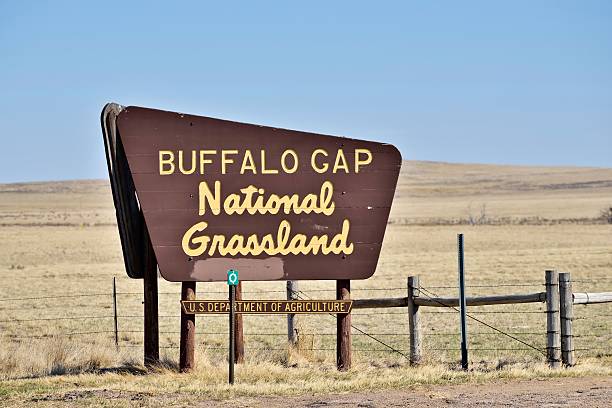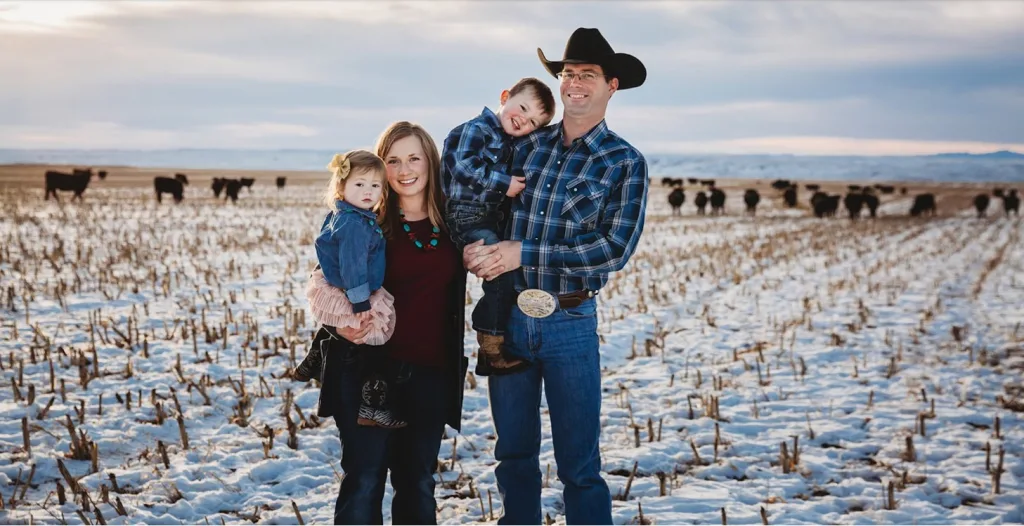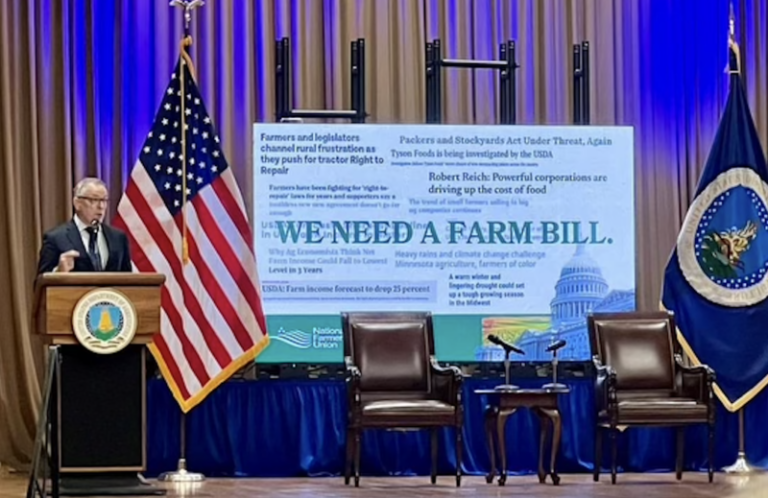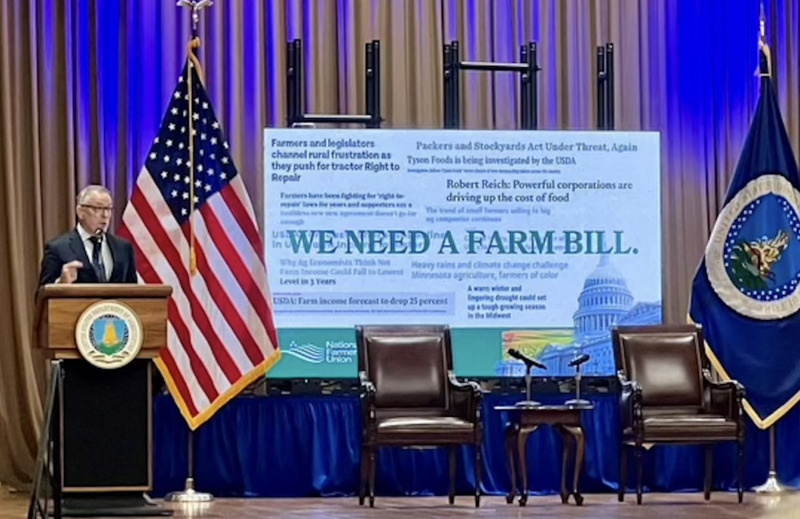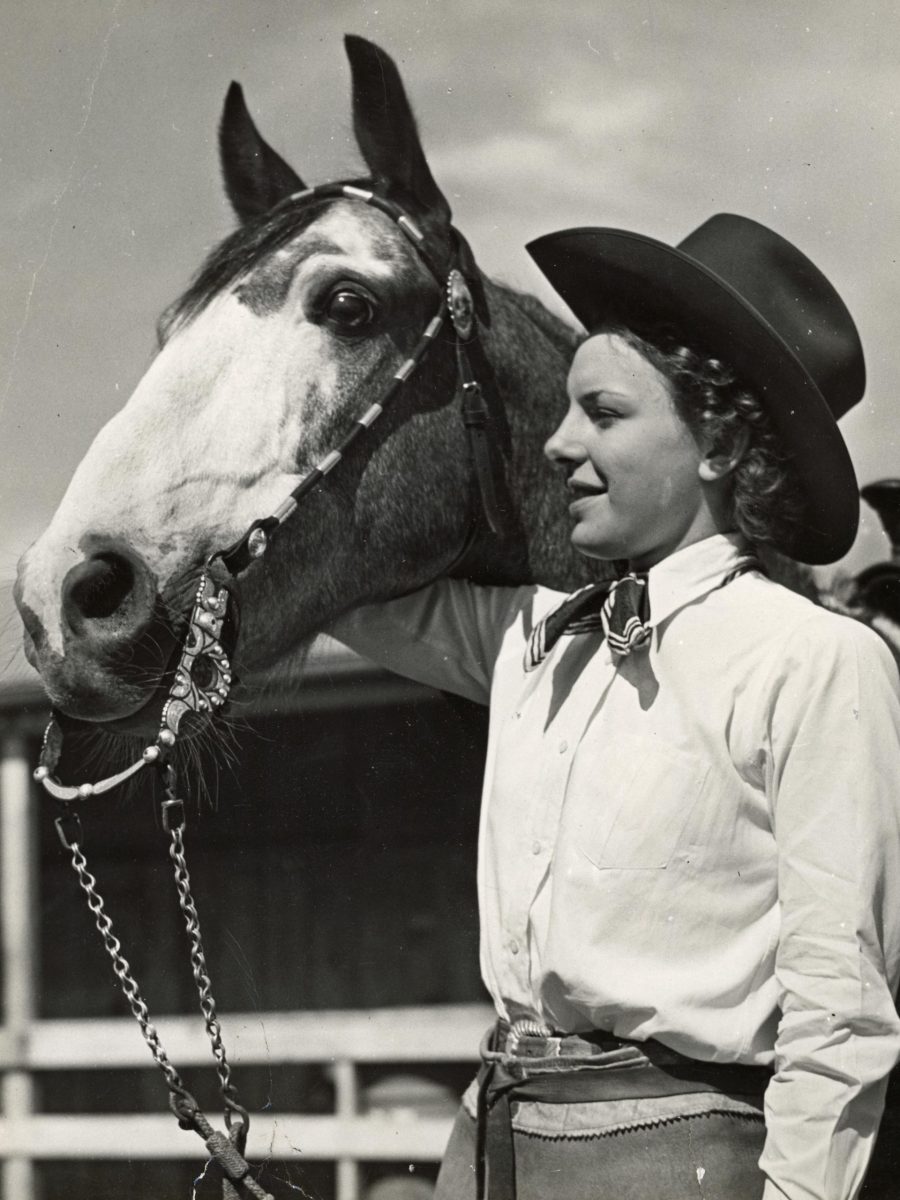WASHINGTON, D.C. – About 2.6 million acres in South Dakota are federally owned, 76 percent of which are managed by U.S. Fish & Wildlife Service (USFWS). Congress has authorized land agencies to offer leases to local producers to use the land in a way that supports economic activity while also preserving natural resources, such as grazing or mining. Many producers who obtain these leases also have private land that borders USFWS land, which is typically where boundary disputes arise.
A recent case involving a South Dakota ranch couple who were indicted by the USFWS on separate counts for felony criminal charges of theft of federal property has prompted the introduction of federal legislation.
The Fence Line Fairness Act, introduced by U.S. Senator Mike Rounds (R-S.D.) would create a formal mediation process for land boundary disputes between landowners and the United States Forest Service (USFS).
The Fence Line Fairness Act would create a committee made up of appointed producers, tasked with mediating disputes and providing recommendations to both the agency and involved producers. The committee would be made up of producers from the state, two of which are appointed by the U.S. Secretary of Agriculture and three of which are appointed by the state’s Department of Agriculture or Natural Resources.
“Landowners deserve a proper notice and review process involving land disputes with the federal government,” said Rounds. “My legislation would create a committee made up of local farmers and ranchers appointed by both the federal and state Departments of Agriculture. This gives local landowners a fighting chance at settling a dispute before it escalates.”
Charles and Heather Maude, Caputa, S.D., were indicted on June 20, 2024 by the USFS on charges of “theft of government property” following a dispute about the placement of a fence on the family ranch along the Cheyenne River near the Buffalo Gap National Grasslands. The ranch has been in the Maude family since 1910, and the fence in question has been present for decades,
Questions remain as to the criminal (versus civil) approach taken by the USFS against the Maude’s. A number of legal resolutions are already available to mutually address boundary issues on federal permits. Both the Small Tract Act and Title and the Federal Land Policy and Management Act provide the structure to resolve boundary and use disputes. There is also the option of a land trade.
There is no information publicly available that would indicate USFS approached the Maude’s with any of these resolution opportunities before filing criminal charges.
There have also been no updates as the status of the case, following the announcement of a November 18, 2024, federal court date in Rapid City, S.D.
The new legislation is supported by South Dakota Cattlemen’s Association, South Dakota Stockgrowers Association, National Cattlemen’s Beef Association, R-CALF USA, Public Lands Council and United States Cattlemen’s Association.
“Introducing mediation that includes local producers and entities who know the land and know the parties and their operation will resolve issues that come forward regarding minor fence line disputes with the U.S. Forest Service,” said Carl Sanders, South Dakota Cattlemen’s Association’s Federal Lands Policy Committee Chair. “As a producer who works closely with the Forest Service through grazing on a Grasslands Forest Service Permit, I believe that through the necessary steps, conflict can be resolved and a compromise will be made.”
Bill Bullard, CEO of R-CALF USA said, “We’re already experiencing situations where uncertainty over boundary lines with the federal government is disrupting the lives and livelihoods of ranchers and potentially threatening their ability to continue ranching. Senator Rounds’ bill is a common-sense intervention that holds the promise of alleviating such drastic and costly outcomes.”
According to Justin Tupper, President of the U.S. Cattlemen’s Association, the Fence Line Fairness Act would help producers resolve disputes in a more fair, timely, and local manner. “This is the beginning of a larger conversation about the rights of landowners on or adjacent to public lands,” he said. “We support this bill and hope for its inclusion in the next Farm Bill.”
Read the Fence Line Fairness Act bill in its entirety here.
